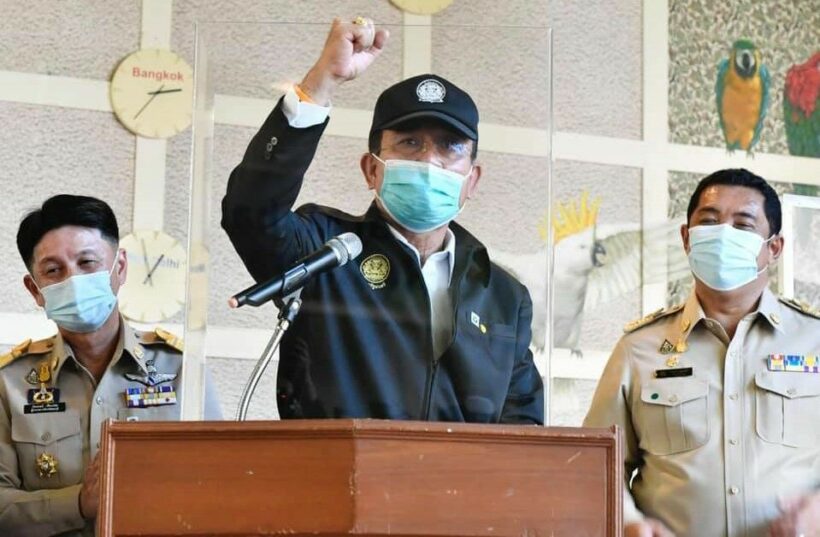Investigation finds no evidence PM paid MPs for votes

A House Secretariat investigation says it’s found no evidence that PM Prayut Chan-o-cha paid MPs to vote for him. The probe was in response to an accusation from an opposition politician in September. Wisarn Techathirawat, a Pheu Thai MP for Chiang Rai, accused the PM of paying 5 million baht to a number of MPs in return for votes of support. He made the allegation during a no-confidence debate on September 2.
According to a Bangkok Post report, the claim prompted House Speaker Chuan Leekpai to order an investigation into the matter. The probe has now ended, with Sukij Atthopakorn, an adviser to Chuan, saying there is no evidence to back up Wisarn’s allegation. As part of the process, an investigating committee interviewed Wisarn and a number of others, as well as examining documentation relating to visits to parliament made by the PM and his aides. However, the committee eventually ruled that there was no evidence to back up the allegations against the PM. The Bangkok Post reports that the findings were submitted to Chuan on December 28.
The PM is still coming under pressure from opposition parties however, with Somkid Chuakong, also from the Pheu Thai Party and an MP for the north-eastern province of Ubon Ratchathani, saying the opposition will ask for a general debate this month in order to quiz the government on its handling of national affairs. Opposition MPs will also call for a censure debate at the next House session.
One of the main matters up for discussion is just how long the PM has left in power. Somkid says his party will ask the Constitutional Court to decide once and for all when the PM’s maximum term of 8 years comes to an end. Opposition parties believe it’s all over on August 24, saying the PM came to power in the 2014 military coup, when he was head of the now-defunct National Council for Peace and Order.
Supporters of the PM dispute this, insisting his term didn’t technically begin until June 9, 2019, when it was royally endorsed under the 2017 constitution. If this is found to be the case, the PM would be entitled to remain in power until 2027.
SOURCE: Bangkok Post
Latest Thailand News
Follow The Thaiger on Google News:


























